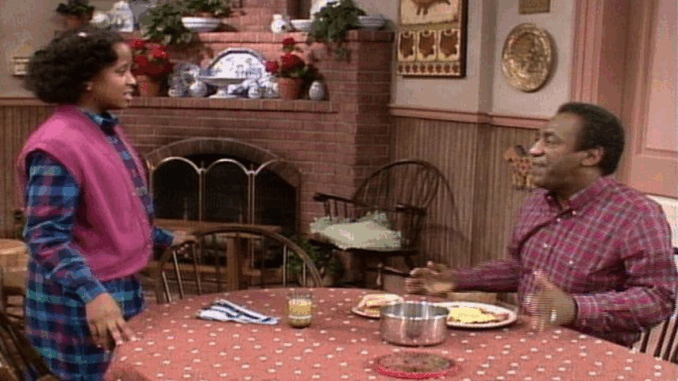
More than three decades after it ended, The Cosby Show remains one of the most influential sitcoms in television history. Premiering in 1984, the series not only entertained millions but also shifted how African-American families were portrayed on screen. Despite the controversy surrounding its creator, the show’s cultural and societal impact continues to spark debate—and deserves a thoughtful examination.
A Pioneering Sitcom That Changed the Game
The Cosby Show arrived at a time when few television series centered on Black families, and even fewer depicted them as middle or upper-middle class. The Huxtables—a Brooklyn-based family led by a doctor and a lawyer—represented a proud, positive image of Black achievement and family life. For many viewers, it was the first time they saw characters who looked like them leading lives of dignity, humor, and ambition.
The show avoided the usual tropes of poverty, dysfunction, or street life often associated with Black characters on television. Instead, it highlighted universal family dynamics with a strong moral compass, paving the way for more inclusive storytelling.
Representation That Resonated
One of the most lasting contributions of The Cosby Show was its emphasis on education, culture, and responsible parenting. Episodes often tackled real-life topics—such as adolescence, peer pressure, gender roles, and career aspirations—through engaging humor and heartfelt lessons.
Moreover, the show introduced millions of Americans to the rich cultural tapestry of Black art, music, and history. Jazz legend Dizzy Gillespie, actor and activist Lena Horne, and poet Nikki Giovanni all made guest appearances, exposing viewers to cultural icons they may not have otherwise encountered.
A Launchpad for Talent
Beyond Bill Cosby, the show launched the careers of several prominent actors, including Phylicia Rashad (Clair Huxtable), Malcolm-Jamal Warner (Theo), and Lisa Bonet (Denise). It also gave rise to the spin-off series A Different World, which focused on college life at a historically Black university and further expanded the representation of Black excellence in media.
These actors and storylines inspired future generations of artists, writers, and showrunners. Today’s wave of Black-led shows owes a creative debt to The Cosby Show’s success and style.
Reconciling the Art with the Artist
In the wake of multiple sexual assault allegations and legal battles involving Bill Cosby, networks and audiences have wrestled with how to view the series. Some argue that the allegations irreparably taint the show’s legacy, while others maintain that the accomplishments of the cast, writers, and crew should be considered separately from Cosby’s personal actions.
This conversation reflects a broader societal reckoning with separating art from the artist. While there is no easy answer, many agree that erasing the show’s cultural significance does a disservice to its groundbreaking contributions.
Looking Ahead
Whether viewed as a nostalgic relic or a cultural milestone, The Cosby Show remains part of the American media canon. It opened doors, challenged stereotypes, and brought families together around the television every Thursday night. For better or worse, it changed what was possible in sitcom storytelling.
As we continue to discuss race, media, and morality in popular culture, The Cosby Show offers a valuable—if complicated—case study. It reminds us that television can be more than entertainment; it can also be a mirror, a teacher, and a force for change.